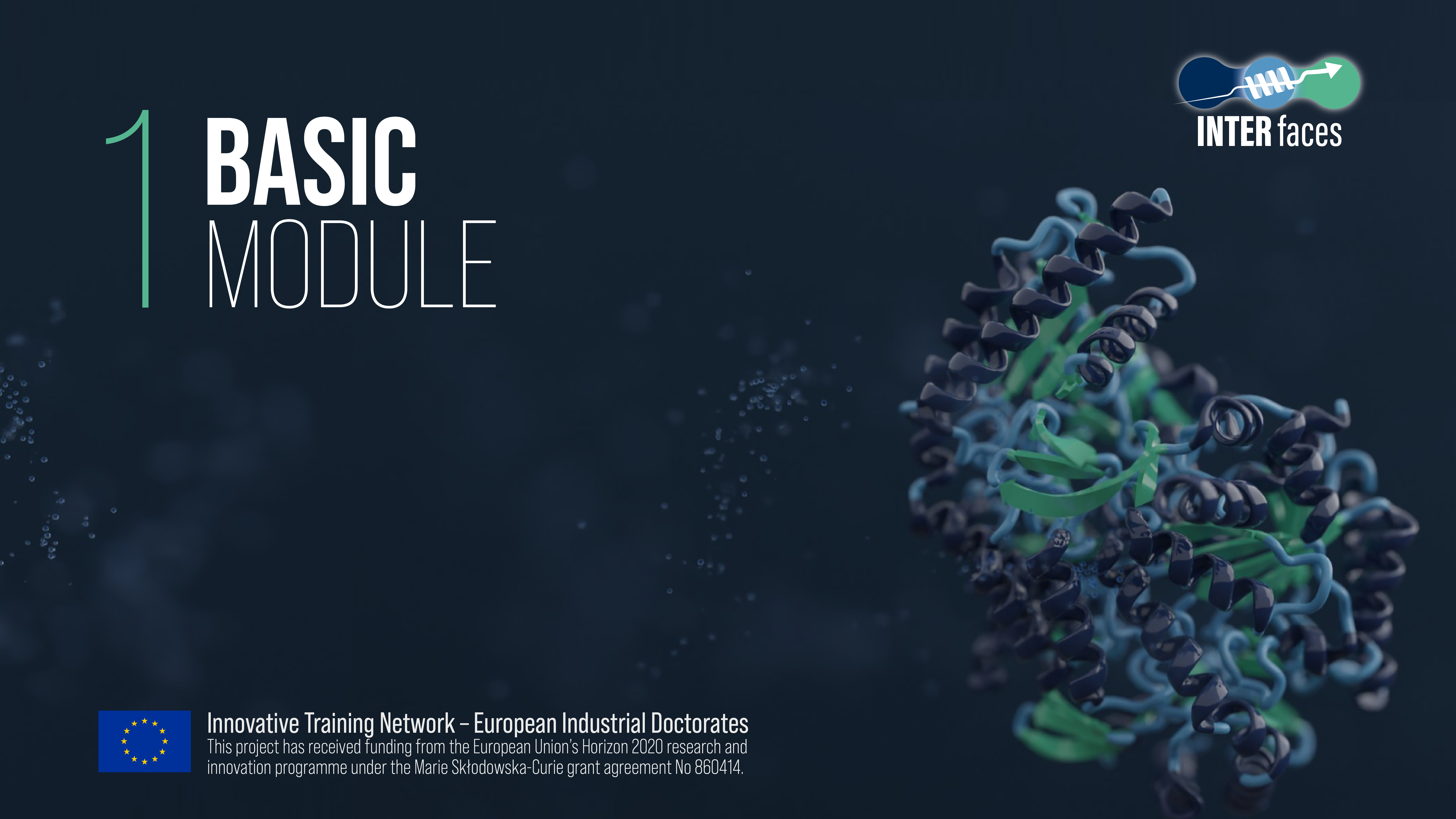Tailored Materials and Enzymes for Industrial Processes – Basic Module
Course start: 28. січня 2026
Tailored Materials and Enzymes for Industrial Processes – Basic Module
Prof. Dr. Robert Kourist
Prof. Vicente Gotor-Fernández
Prof. Iván Lavandera
Prof. Per Berglund
Assoc. Prof. Juan Manuel Bolivar
Prof. Dr. Selin Kara
PhD Laura-Carlota Paz
Scientific classification:
Course start: 28. січня 2026
Tailored Materials and Enzymes for Industrial Processes – Basic Module
Prof. Dr. Robert Kourist
Prof. Vicente Gotor-Fernández
Prof. Iván Lavandera
Prof. Per Berglund
Assoc. Prof. Juan Manuel Bolivar
Prof. Dr. Selin Kara
PhD Laura-Carlota Paz
-
Scope: 6 units
-
Effort: 1 hour/week
-
Licence: CC BY-SA 4.0
-
Course start: 28. січня 2026
-
Course end: -
-
Current status: Upcoming course
-
Available languages:
Course details
General information about the course
The iMooX-course “Tailored Materials and Enzymes for Industrial Processes – Basic Module” is an introductory fundamental course focusing on enzymes, their production and modification via protein engineering, biocatalytic synthesis in organic chemistry, and optimization of the enzymatic applications with process engineering. In total six Units were designed within the three main topics (Enzyme Production & Engineering, Biocatalysis, and Process Engineering) that will cover themes from "gene-to-process". The Units will be completed with some interviews between young scientists and industrial biotechnology leaders, and experimental videos. After each lecture, a quiz must be completed and passed to successfully end the corresponding Unit. The course is not only taught for students at BSc. and MSc. study levels but also to attract attention from industrial chemists interested in applying enzymes to synthesize chemicals for our daily use.
While this course can stand alone, it has been designed as part of a three MOOC series of “Tailored Materials and Enzymes for industrial Processes”:
-
“Tailored Materials and Enzymes for Industrial Processes – Basic Module”
-
“Tailored Materials and Enzymes for Industrial Processes – Advanced Module”
-
“Tailored Materials and Enzymes for Industrial Processes – Sustainability Module”
We highly recommend attending all these three MOOCs in the intended order for the best learning experience.
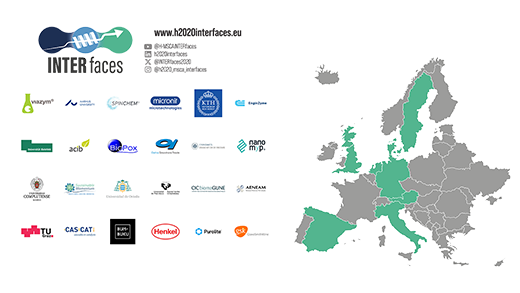
This course has been developed and realized in the frame of the project INTERfaces - Heterogeneous biocatalysis reaction cascades training network (H2020 Marie Skłodowska-Curie Actions (MSCA) Innovative Training Networks (ITN) – European Industrial Doctorates (EID)).
This project has received funding from the European Union’s Horizon 2020 research and innovation programme under the Marie Skłodowska-Curie grant agreement No 860414.
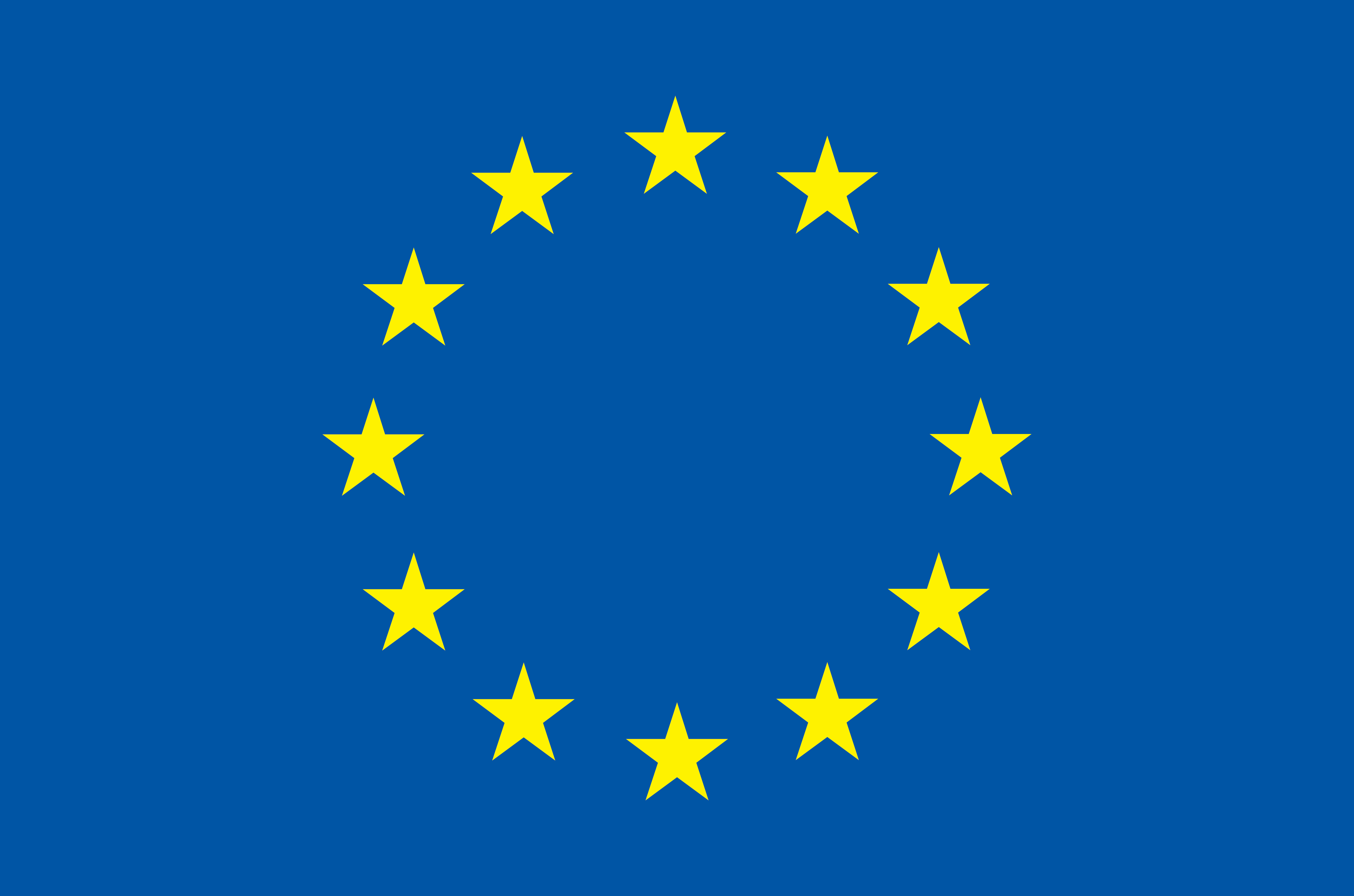
Course content
-
Topic 1: Enzyme Production and Engineering (Units 1-2)
-
Topic 2: Biocatalysis (Units 3-4)
-
Topic 3: Process Engineering (Units 5-6)
Learning goals
After completing the MOOC, participants will be able to:
Understand what an enzyme is, and how they can be found in nature, and produced at the required industrial quantities.
Know how enzymes can be genetically designed, and tailored for particular processing conditions.
Learn what is known as biocatalysis, and why this key emerging technology is nowadays highly important to reach future sustainable syntheses.
Acquire knowledge on how different types of enzymes show different mechanisms, and how this can be used to synthesize a plethora of important compounds, from optically active molecules to bulk chemicals.
Develop process engineering skills, by learning how enzymatic processes can be implemented at practical scale, and what parameters are crucial to reach powerful synthetic processes.
Understand the motivation of immobilizing enzymes, to heterogenize them allowing the reusability of the catalyst and simplifying downstream processing.
Prerequisites
Basic knowledge of biochemistry, organic chemistry, and chemical reaction engineering is expected.
Course schedule
The MOOC is divided into 6 units. Every week one unit is published. Each unit contains at least one lecture video, accompanying transcripts, sometimes bonus material in the form of an experimental video or an industrial interview and a self-assessment quiz to check the learning goals.
Synchronous phases are not planned so that learners can work through content at their own pace.
Certificate
For actively participating in the course you will receive an automatic certificate which includes your username, the course name as well as the completed lessons. We want to point out that this certificate merely confirms that the user answered at least 75% of the self-assessment questions correctly.
Licence
This work is licensed under Creative Commons - gleiche Weitergabe 4.0 International (CC BY-SA 4.0)
Course Instructor
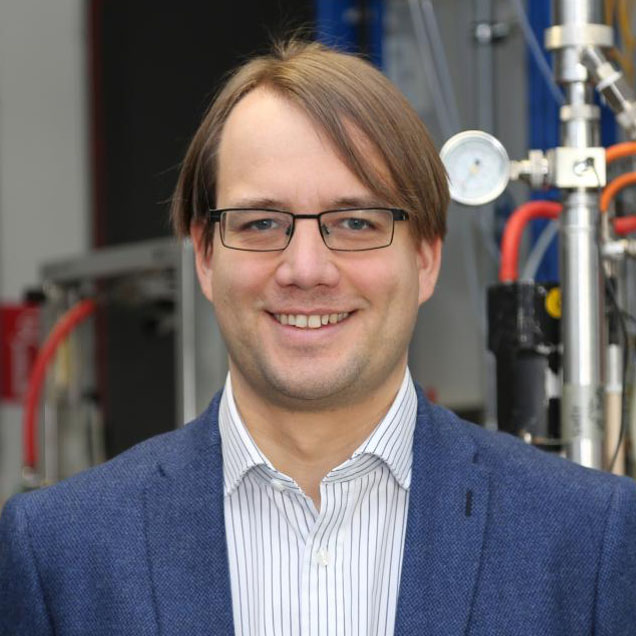
Prof. Dr. Robert Kourist
Prof. at Technical University Graz, Graz, Austria, Member of INTERfaces.
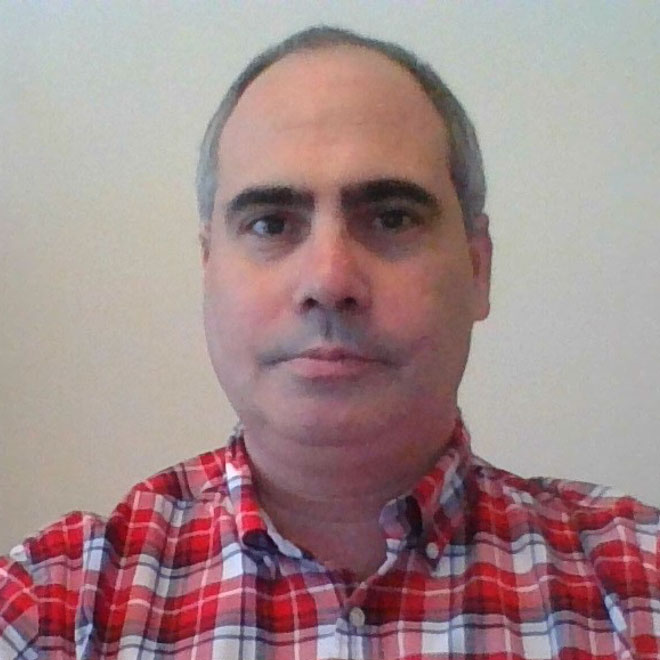
Prof. Vicente Gotor-Fernández
Prof. at University of Oviedo, Oviedo, Spain; Member of INTERfaces

Prof. Iván Lavandera
Prof. at the University of Oviedo, Oviedo, Spain, member of INTERfaces.

Prof. Per Berglund
Prof. at KTH Stockholm, Stockholm, Sweden; Member of INTERfaces.
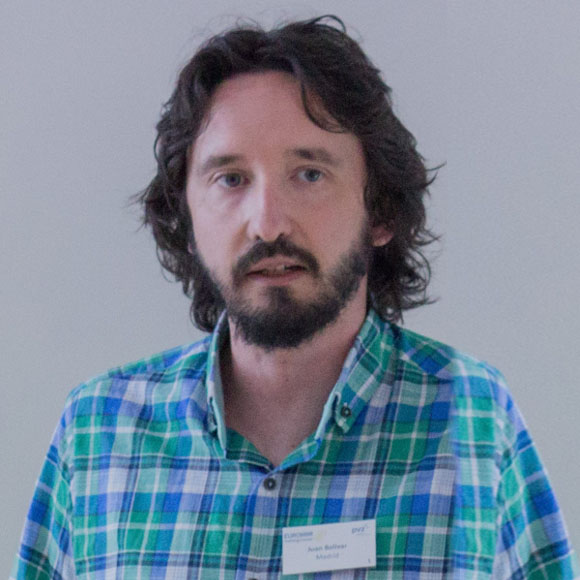
Assoc. Prof. Juan Manuel Bolivar
Assoc. Prof. at the Complutense University Madrid, Madrid, Spain; Member of INTERfaces

Prof. Dr. Selin Kara
INTERfaces & DECADES coordinator; Prof. at Institute of Technical Chemistry, Leibniz University Hannover, Germany; Prof. at the Department for Biological and Chemical Engineering, Aarhus University, Aarhus, Denmark
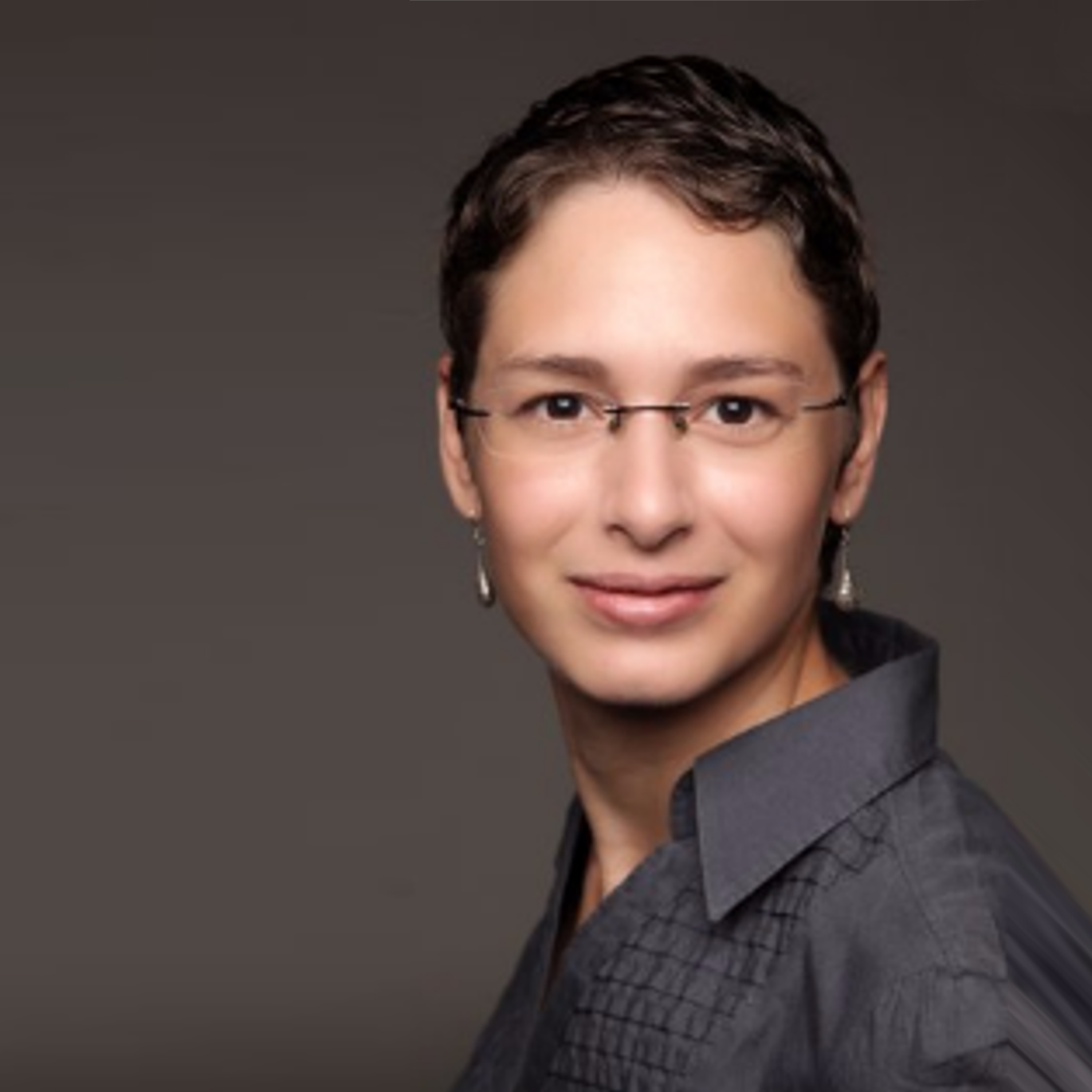
PhD Laura-Carlota Paz
The development of this MOOC has been supported by Laura-Carlota Paz, PhD, in her capacity as Project Manager of INTERfaces. Her tasks lay in coordination, facilitation, quality control and setup of the MOOC courses in the iMooX online system.
Partners
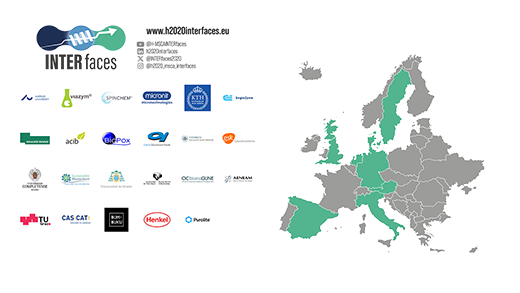
INTERfaces – Heterogeneous biocatalysis reaction cascades training network H2020 Marie Skłodowska-Curie Actions (MSCA) Innovative Training Networks (ITN) – European Industrial Doctorates (EID)
{mlang other}12 Non-academic partners ranging from high-tech SMEs to large producing companies and 11 academic institutions offer an intersectoral and interdisciplinary environment to provide 14 PhD candidates with outstanding employability profiles for the European Biotech Sector. Together, they build this MOOC to widen the knowledge in the field of biocatalysis and to give students the chance to learn from an excellent board of teachers from different faculties and backgrounds.

Graz University of Technology

